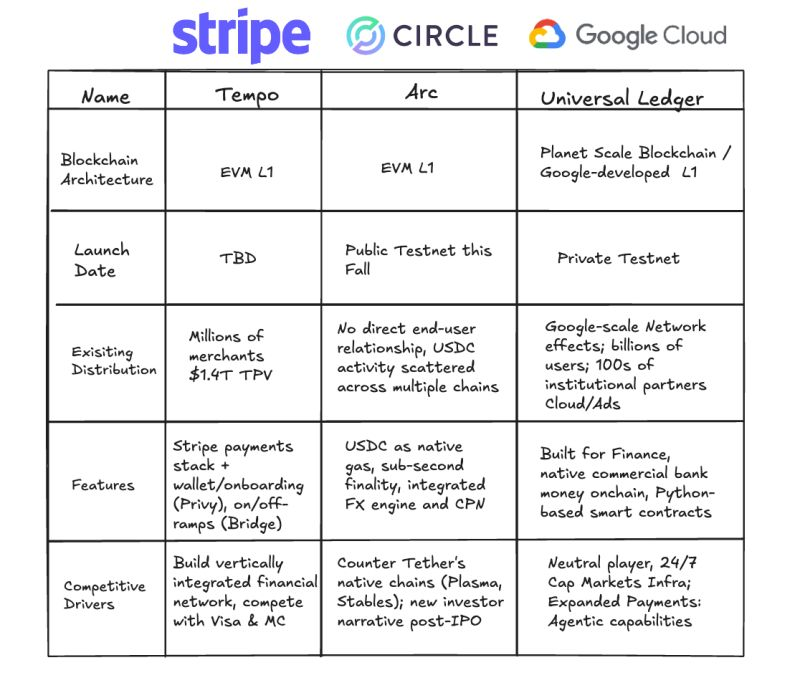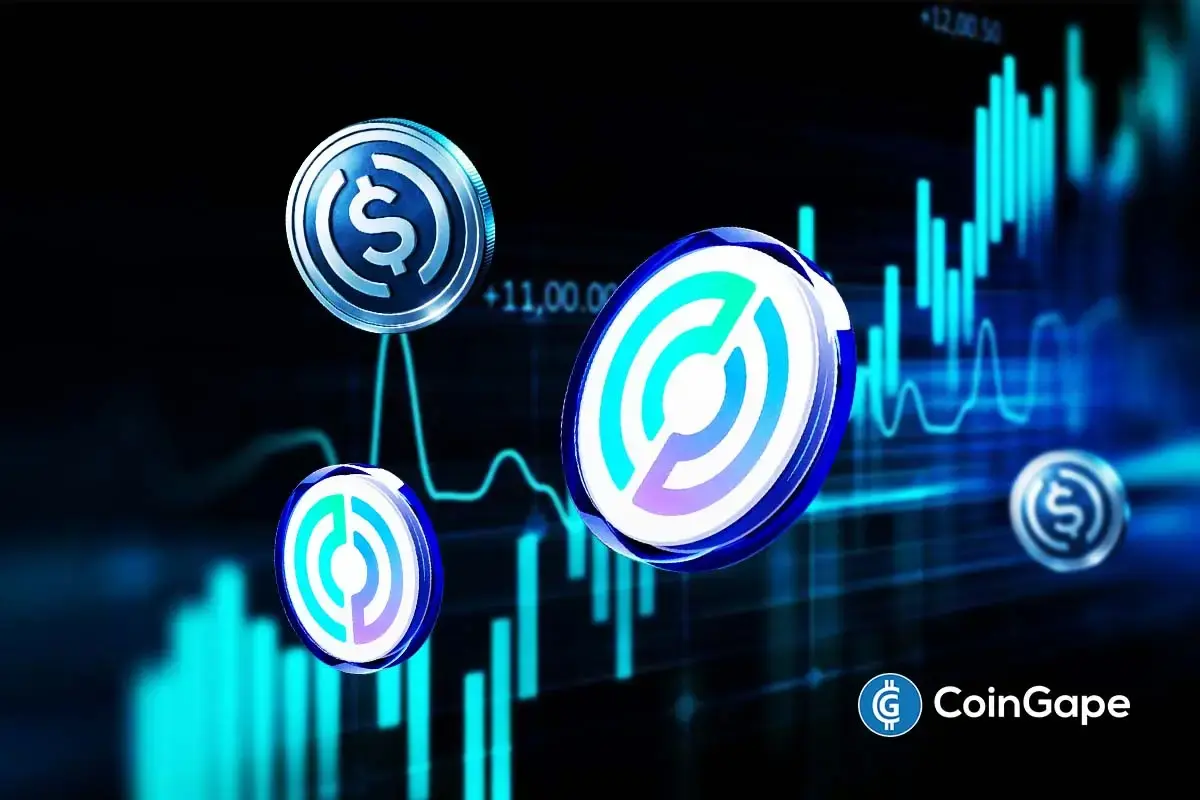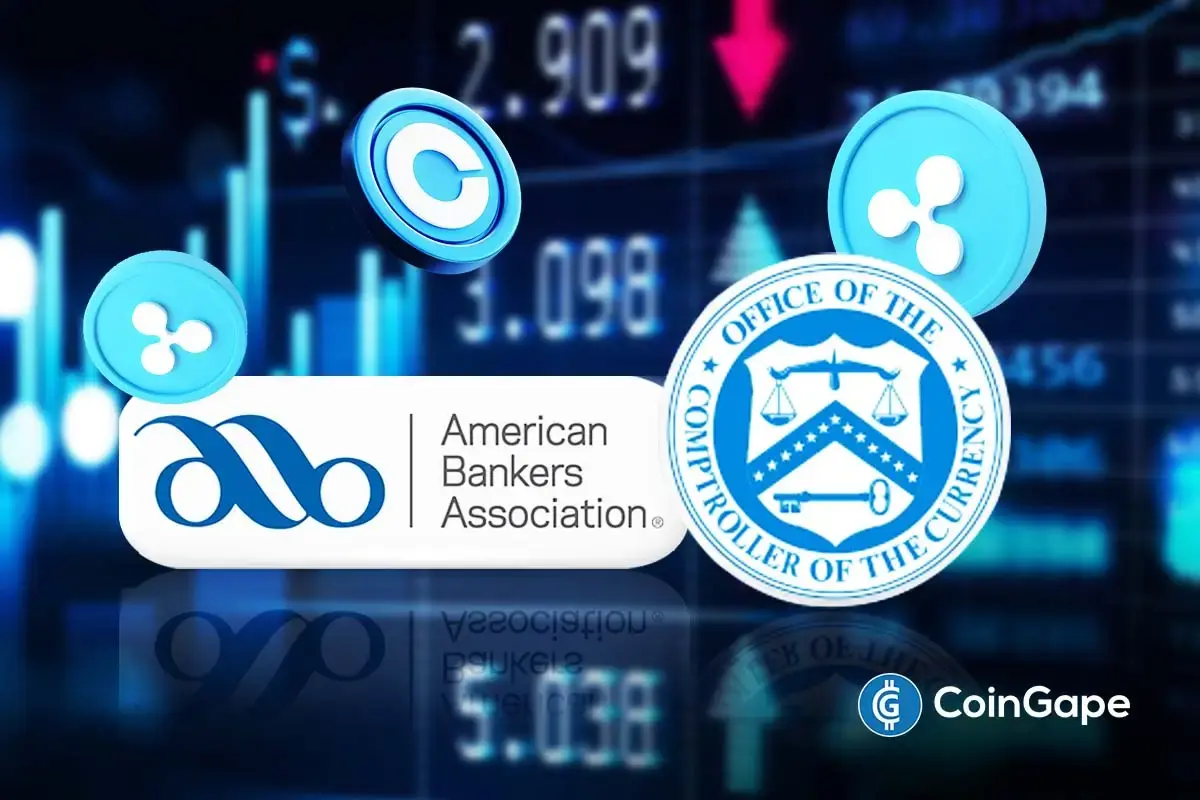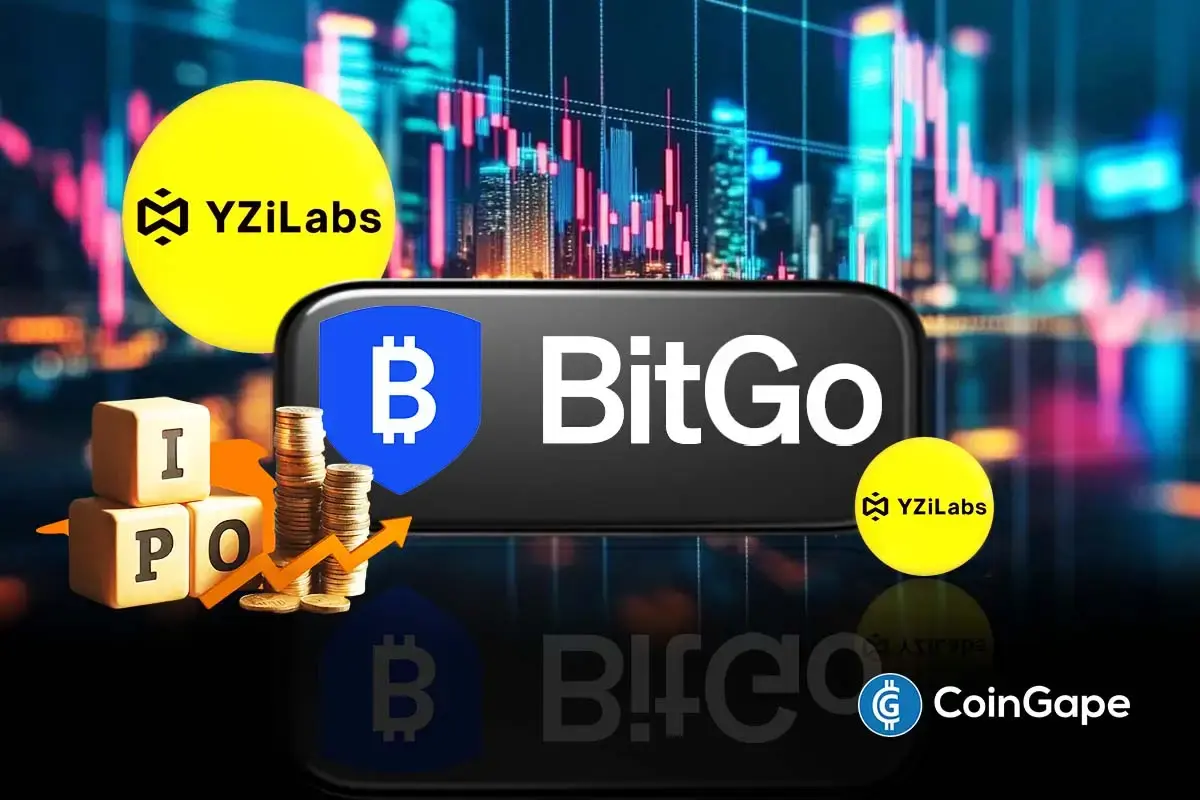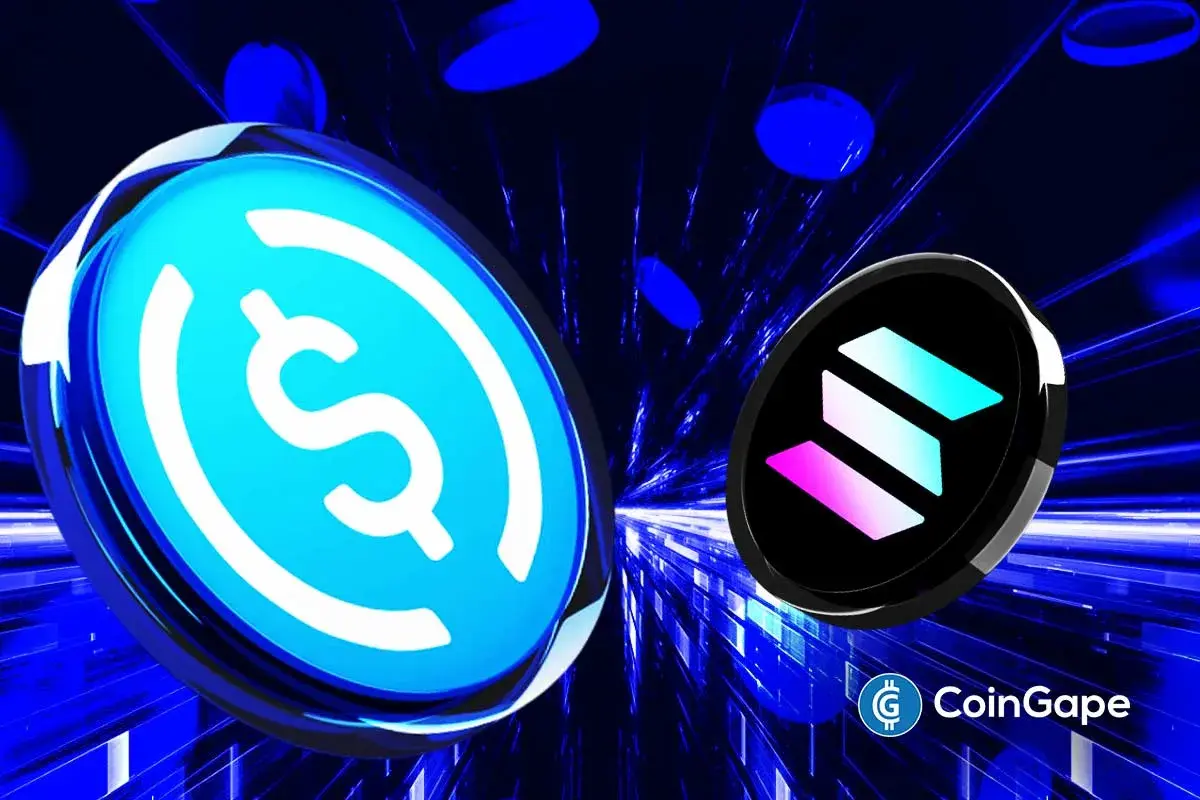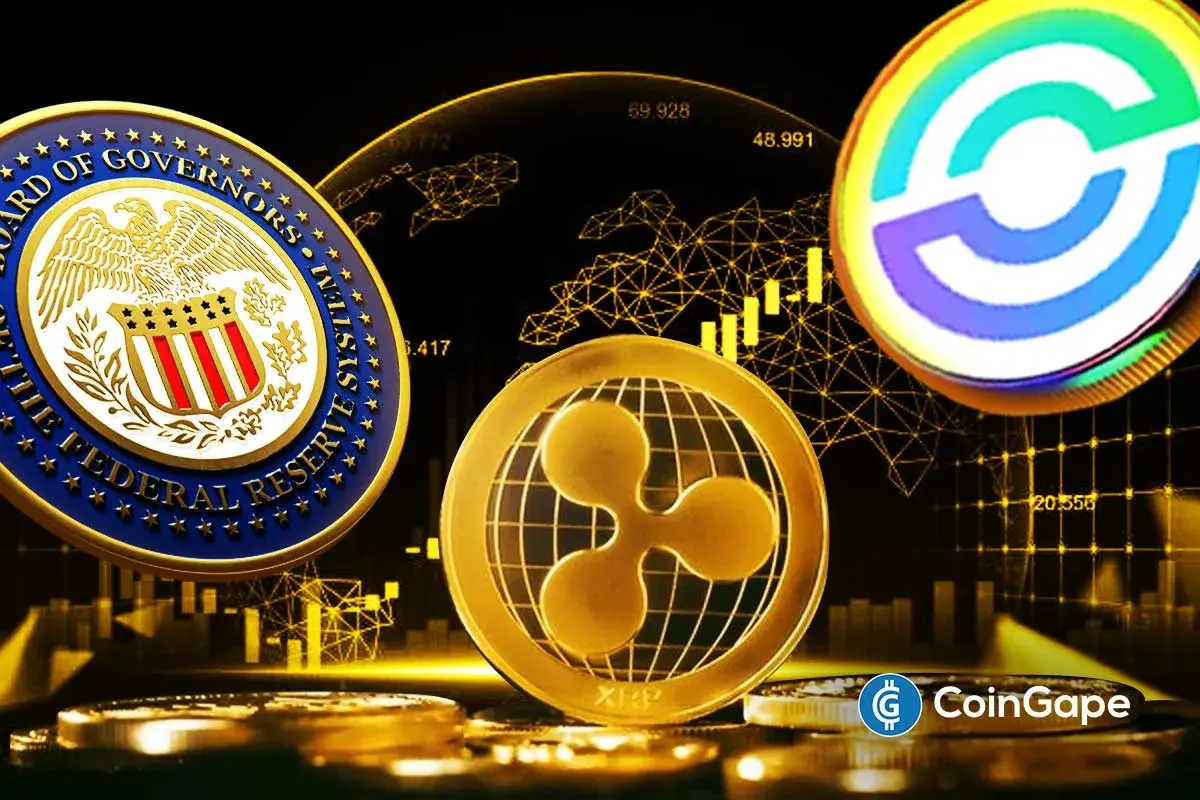Unlike proprietary networks, where Tether wouldn’t operate on Circle’s blockchain and Adyen likely wouldn’t adopt Stripe’s, GCUL is open for any financial institution to build on, he added.
The network is currently operating in a private testnet, following an earlier partnership with CME to pilot tokenized assets. The three key characteristics of Google Cloud Universal Ledger are:
- Simple: GCUL is offered as a service with a unified API, streamlining integration across multiple currencies and asset types.
- Flexible: GCUL provides high performance and scalability for diverse use cases, with programmability that supports payment automation and digital asset management.
- Secure: GCUL is built for regulatory compliance, featuring KYC-verified accounts and compliant transaction fee structures, operating within a private, permissioned environment.
Eyeing A Share of the Tokenized Market
Traditional market players are now eyeing a share of the blockchain-based tokenized market, which has been expanding at a rapid pace recently. With Google stepping into tokenized assets with GCUL, it will also compete with Ripple’s XRPL infrastructure. As reported by CoinGape, XRPL registered 2,260% growth in tokenized RWAs.
Traditional financial players are showing growing interest in tokenized assets. Last week, Singapore’s largest bank DBS announced plans to bring tokenized structured notes to Ethereum.

 Buy $GGs
Buy $GGs

